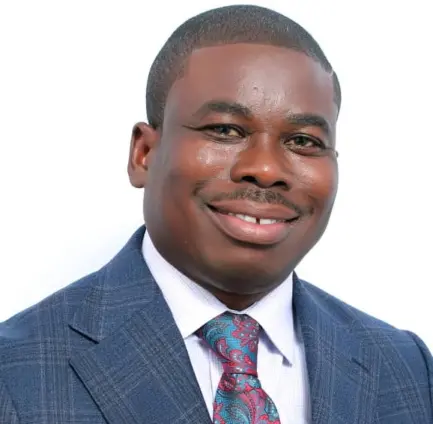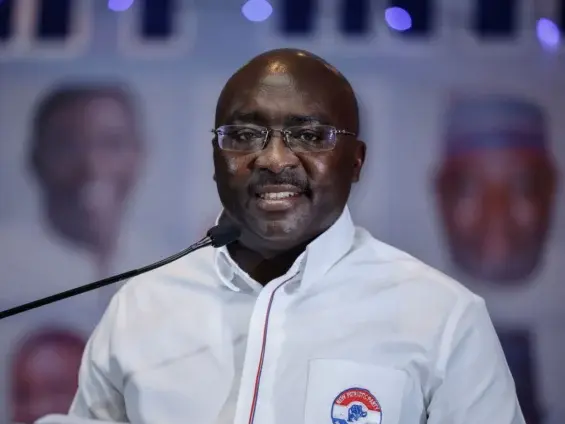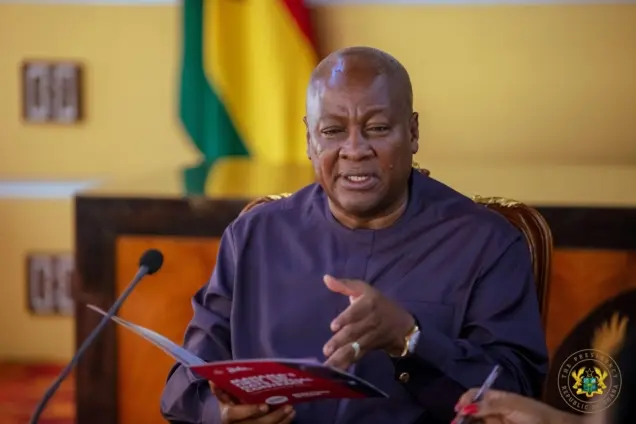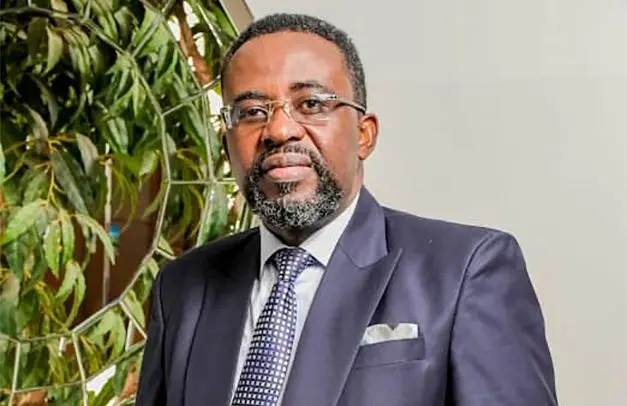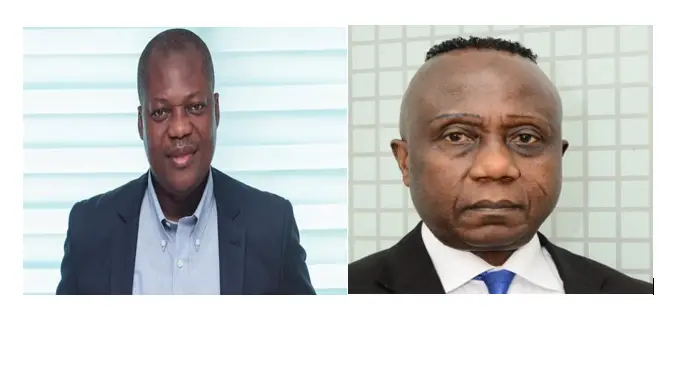Accra, Ghana – The weight of Ghana’s energy woes has once again taken center stage, this time sparking a fiery debate between the nation’s Energy Minister, John Jinapor, and the Minority caucus. At the heart of the discord lies a fundamental question: Is the government truly tackling the roots of the Ghana power crisis, or simply engaging in public relations exercises? The Minority’s recent broadside suggests the latter, accusing Jinapor of prioritizing headlines over substantive solutions as the nation grapples with persistent electricity challenges.
The crux of the matter revolves around what the Minority perceives as alarming statements from Jinapor concerning the country’s energy reserves. Their accusations signal a growing concern over the government’s handling of a sector vital to Ghana’s economic stability. The Minority slams Jinapor’s recent communications, arguing that his pronouncements are not only inaccurate but also detrimental to investor confidence, potentially exacerbating the very crisis he claims to be addressing.
During a workshop convened by the Energy Committee of Parliament, John Jinapor addressed concerns regarding the nation’s energy capacity, making specific mention of the limited reserves of liquid fuel available to power thermal plants. These remarks, seemingly intended to provide transparency regarding the current energy landscape, quickly drew the ire of the Minority.
The Minority’s criticism is rooted in their belief that such public statements, particularly those highlighting vulnerabilities in the energy sector, serve only to incite public panic. George Kwame Aboagye, a prominent member of the Minority, articulated this sentiment forcefully, stating that there is a need to focus on “stabilizing the energy sector” rather than engaging in “media theatrics” that could deter potential investors. He and other members of the Minority fear that Jinapor’s statements could be interpreted as a lack of confidence in Ghana’s ability to maintain a stable power supply, thereby undermining efforts to attract much-needed investment in the energy sector. Further, the Minority raised concerns about the operational costs of producing power in Ghana which is also contributing to the present Ghana power crisis.
Ghana’s energy sector has been plagued by intermittent power outages, commonly referred to as “dumsor,” for years. These disruptions have not only inconvenienced households but have also severely hampered businesses, leading to significant economic losses. The challenges are multifaceted, ranging from aging infrastructure and inadequate investment in renewable energy sources to financial constraints that hinder the procurement of fuel necessary to power thermal plants. The escalating operational costs within the energy sector further compound these problems, creating a precarious situation that demands immediate and effective action.
The ongoing tensions between the Energy Minister and the Minority have broader political implications. The conflict risks eroding public trust in the government’s ability to effectively manage the energy sector. The public, already weary of persistent power outages and rising electricity costs, may view the political squabbling as a distraction from the urgent need for concrete solutions. As the political climate intensifies, the onus falls on both sides to find common ground and prioritize the nation’s energy security over partisan interests.
Addressing Ghana’s energy crisis requires a multi-pronged approach. Increased investment in renewable energy sources, such as solar and wind power, is essential to diversify the country’s energy mix and reduce reliance on fossil fuels. Upgrading existing infrastructure and implementing more efficient management practices are also crucial to minimize waste and improve the reliability of the power supply. Furthermore, exploring alternative financing models and attracting private sector investment can help alleviate the financial constraints that currently hinder the sector’s growth.
While predicting the future of Ghana’s power supply with certainty is impossible, available projections suggest that the nation’s energy demand will continue to grow in the coming years. Whether Ghana can meet this demand depends largely on the government’s ability to implement effective policies, attract investment, and address the underlying challenges that plague the energy sector.
In conclusion, the Minority’s criticism of Jinapor highlights the urgent need for a more focused and coordinated approach to addressing Ghana’s energy crisis. While transparent communication is important, it should not come at the expense of substantive action. Addressing the underlying issues of infrastructure, investment, and management practices is crucial to ensure a stable and reliable power supply for Ghana’s future economic stability. The path forward demands collaboration, innovation, and a commitment to finding sustainable Ghana energy solutions that benefit all citizens.
Image Source: MYJOYONLINE












